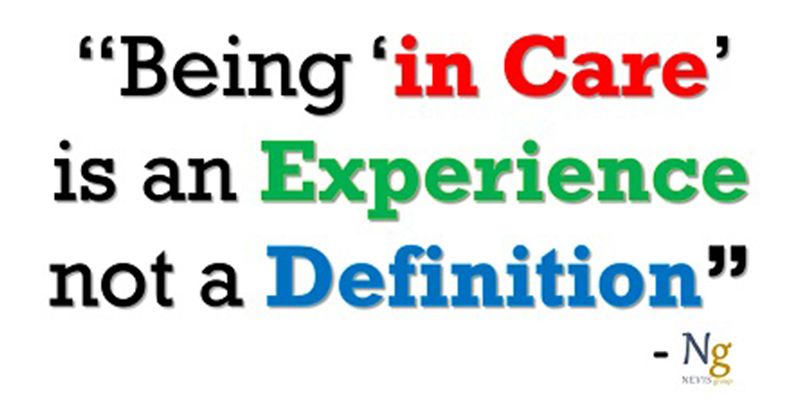
Labels are for clothes not people
Introducing issue 12 of REACH, which explores stigma, language, perception and the representation of care and care experience.
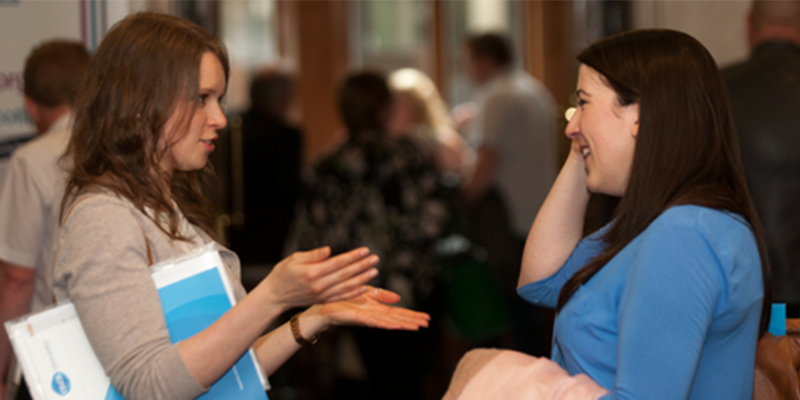
You live and you learn
Amanda Lawler explains why CELCIS really cares about training and learning.

Eat, sleep, CELCIS, repeat
Stephanie is a Modern Apprentice at CELCIS, and here she talks about landing her first ‘real’ job at only 16.

It’s not just about the adults!
The importance for children in residential care to develop the ability to navigate friendships with each other.

What's the harm?
The difficult issue of self-harm in residential care, exploring the experiences of young people and the support workers need to help.
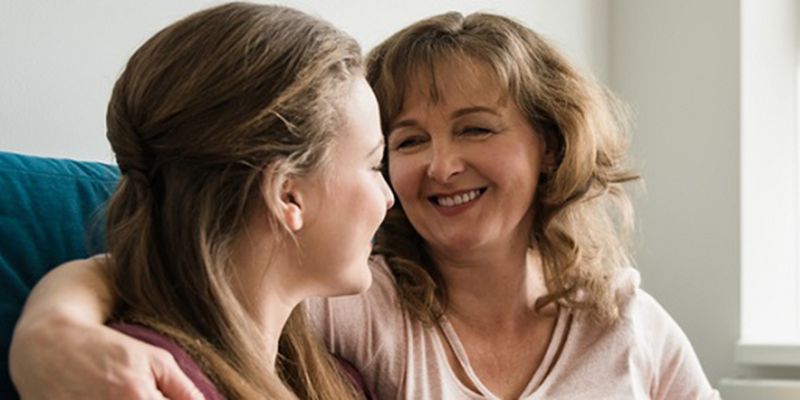
Commitment, like love, is not enough
Gordon Main talks about how commitment in the care system is not enough.
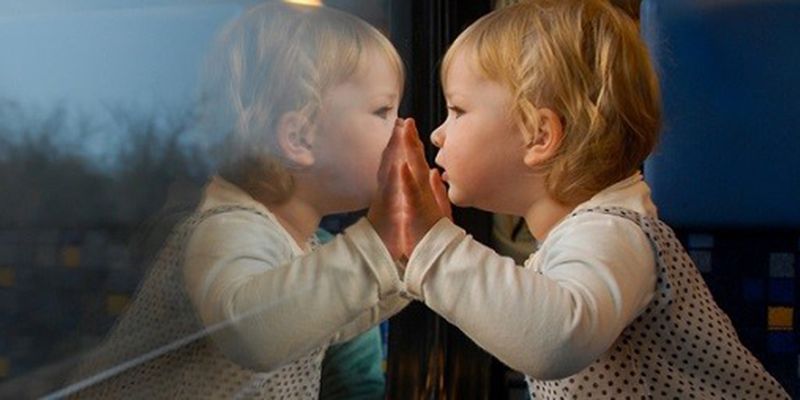
Getting It Right For Every… Journey
Jillian Ingram ponders how getting a train from A to B might just offer clues to how to meet children’s needs.
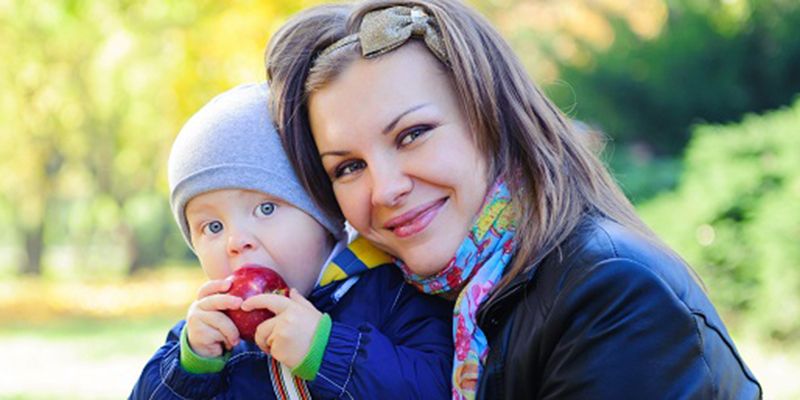
If I wasn't emotionally involved, they wouldn't have thrived
Gordon Main continues the conversation on commitment, discussing the emotional investment of foster carers.

Living in the room for improvement
Claire Burns introduces the evidence into practice theme of the new issue of our REACH publication.
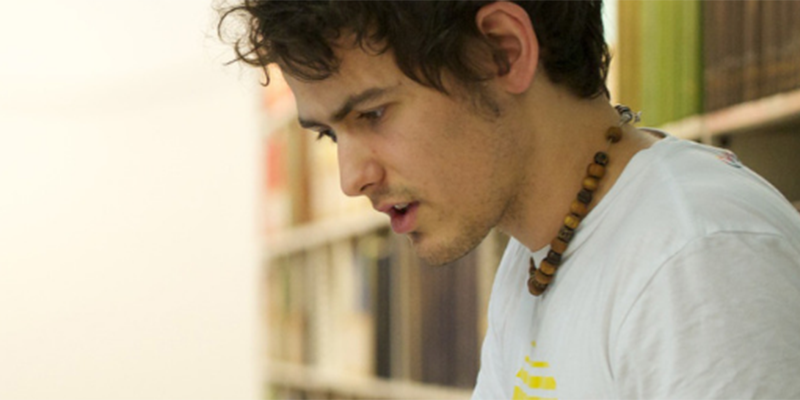
University can be a tricky place if you have been in care
This blog post explores the findings of a recent briefing from CELCIS about going to university from care.
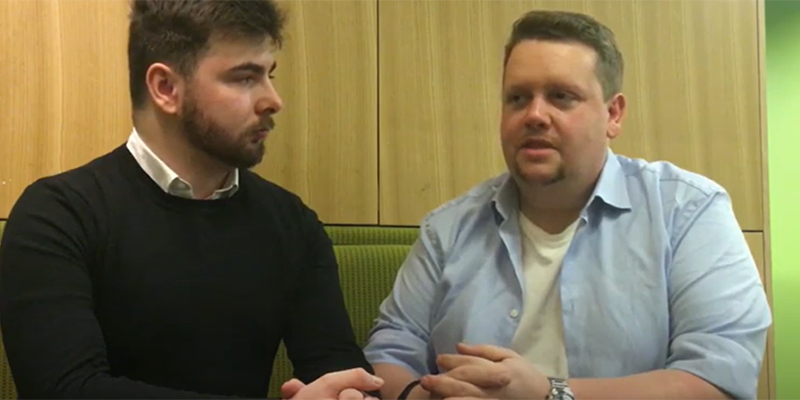
Unconscious bias in the interview room
Joe Rankin of the Nevis Group talks about whether young people should tell future employers that they're care experienced. With video of James Calder.
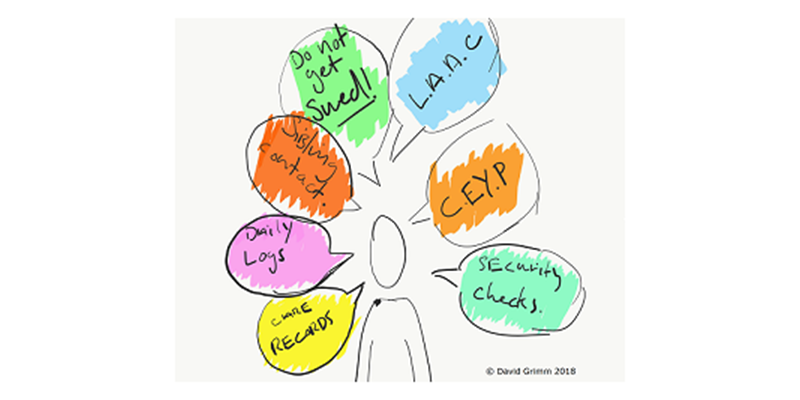
I couldn't bring myself to write the acronym 'LAC'
Continuing the theme of Graham's first blog post on language and labelling, giving examples of when this is unhelpful.

Taking collective responsibility
Lizzie Morton introduces the corporate parenting issue of Reach and talks about the big things happening for looked after children and young people.

CHAMPS is changing lives
Maryellen Fegan chairs the Highland Champions (CHAMPS) Board. In this blog she describes what she believes it has achieved.

Commitment must be matched by deeds, not just words
Kenny McGhee continues the conversation from Gordon Main’s recent blog Commitment, like love, is not enough.
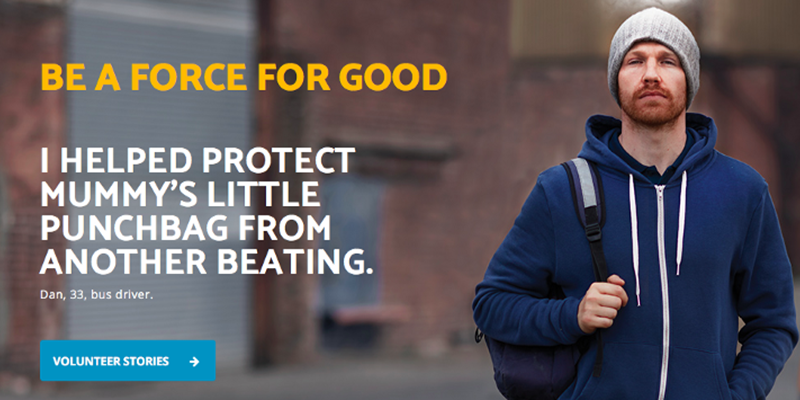
"Mummy’s Little Punchbag"
Kenny Murray comments on the Children's Hearings Scotland 'Be A Force For Good' campaign.

It’s a family affair
How a Maori model of improving care has been transformative for a family in Glasgow.

Implications of the Children (Equal Protection from Assault) (Scotland) Bill
Dr Louise Hill considers the implications of the Children (Equal Protection from Assault) (Scotland) Bill and how similar measures have impacted on support services in other countries.
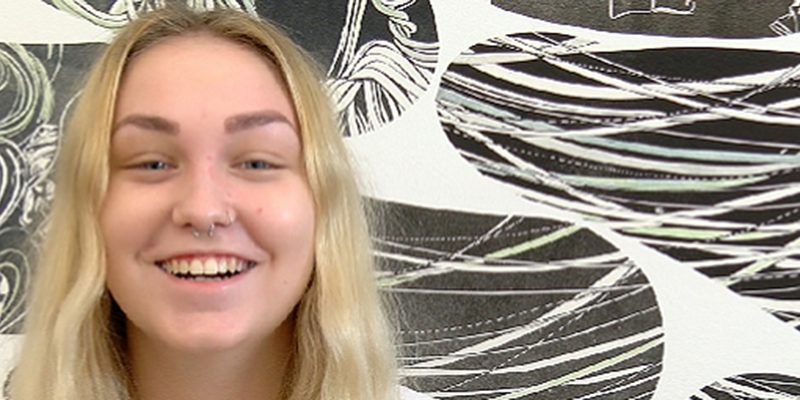
Telling Stories
The representation of care experienced people in literature, film and storytelling.

We can all learn about how young people can thrive in employment
Tommy McDade from Barnardo's Scotland talks about a programme that is supporting young people into the world of work for the first time.
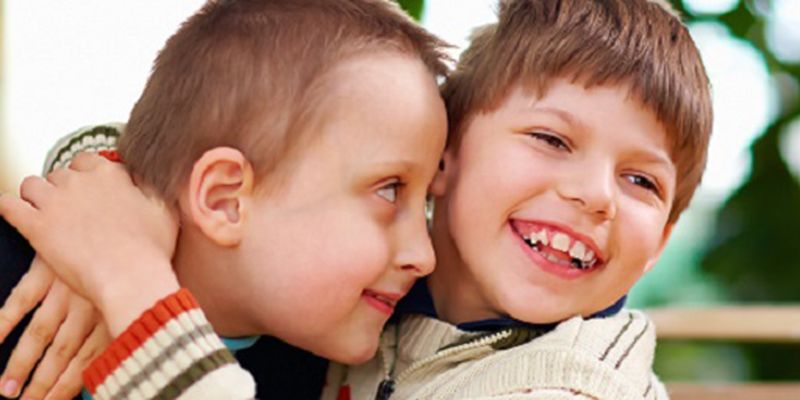
Change is coming
Change is coming in the inspection of how well corporate parents are meeting their responsibilities in improving the lives of care experienced children and young people.

Joining up the dots – why data analysis is vital in understanding and supporting care experienced young people
Dr Neil Harrison argues that we need to use better data to better understand care experienced young people entering higher education.

How do you solve a problem like… stigma?
Daniel Busso of the Frameworks Institute writes about how stigma could be changed.

Change the language of poverty
Chris Small from Children in Scotland explains how and why tackling stigma on poverty led to a new campaign for action to improve children's lives
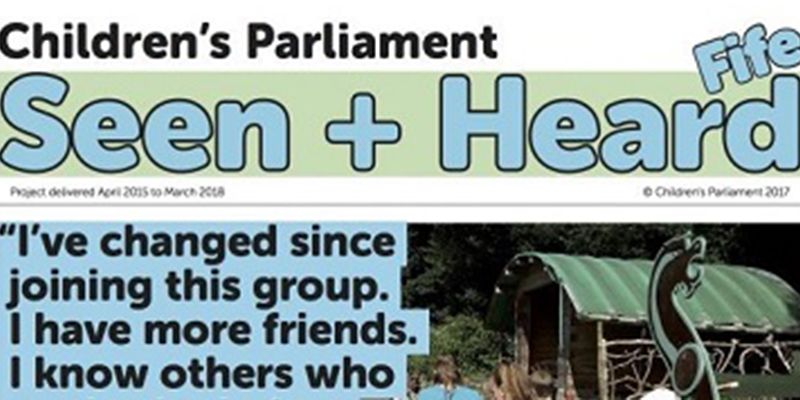
Seen, heard and chicken check ins
How the Seen + Heard project in Fife informs developments in policy and practice, and engages Corporate Parents.

A care leaver's path to university
Many paths to higher education are not straightforward. A care experienced student talks about overcoming such challenges.

Going back to the Greeks: know thyself by stepping out of yourself
Fouzi Mathey Kikadidi explores how ignorance and labelling affects children and communities in France, arguing that empathy is essential in order to prevent stigma

Team work works and all relationships matter
Dr Christine Puckering from Mellow Parenting tells the story of a family and how trauma informed care can foster better relationships.
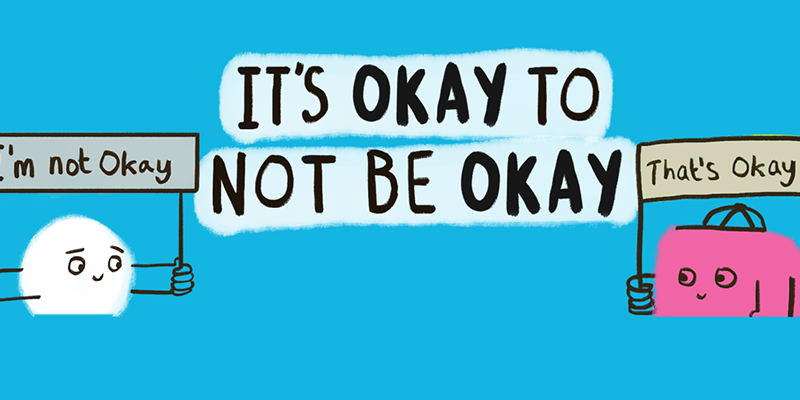
It’s okay to not be okay
Laura Sharpe from See Me to talks about the results of a survey looking at the mental health of young people in Scotland.
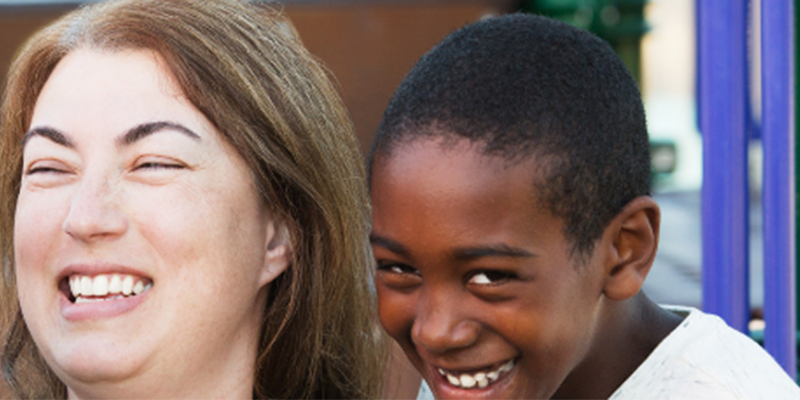
A decade of data
How an analysis of data has enabled Stirling’s services for children develop to better fit their needs.

"I just want to be normal": looked after young people's experiences of feeling different
Professor Julie Selwyn, from the University of Bristol, and Dr Claire Baker from Corum Voice talk about the Bright Spots programme looking at young people's wellbeing.
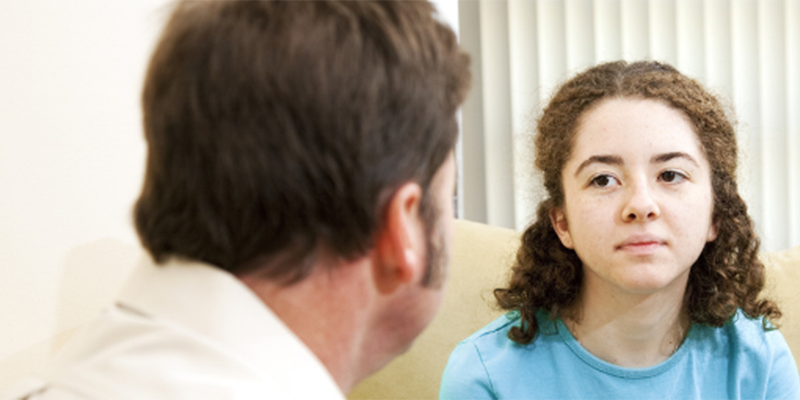
We are open, responsive and actively listen
Michael Stewart, from Fosterplus, gives an insight into a model used to improve foster care practice.

Caring about care means being ready to change
John Ryan reflects on the fight to continue to do best by Scotland’s children.

Care experience at Christmas
In this blog post, Alastair Redpath, Co-Chair of the Independent Care Review’s Stigma Work Group, considers why Christmas might not be all joy and cheer for everyone but sees hope for change.
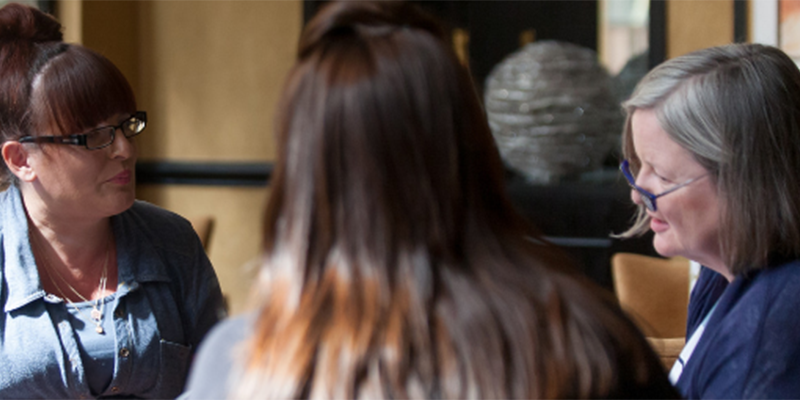
Reflecting on practice through PRISM
Jillian Ingram from CELCIS, explains how a new model for shared learning has helped child protection in North Ayrshire.
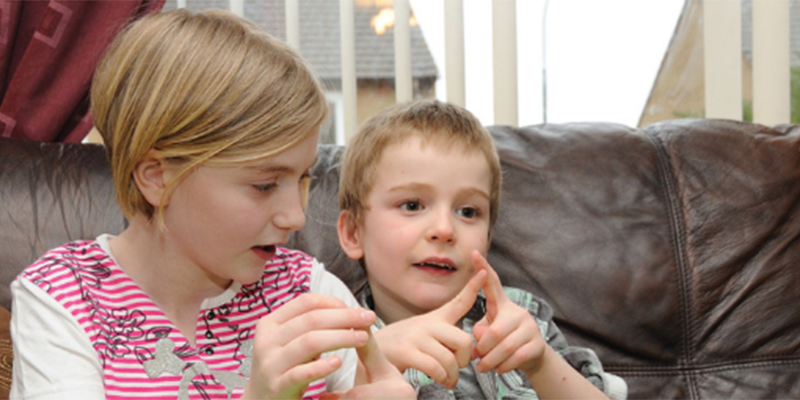
Agents of change
Jo Derrick at Foster Care Associates explans how additional support for foster carers at the early stages of placement helps to improve outcomes.

An air of calm
Mark Brotherton, Educational Psychologist, explains how strong relationships between carers and psychologists have been nurtured.
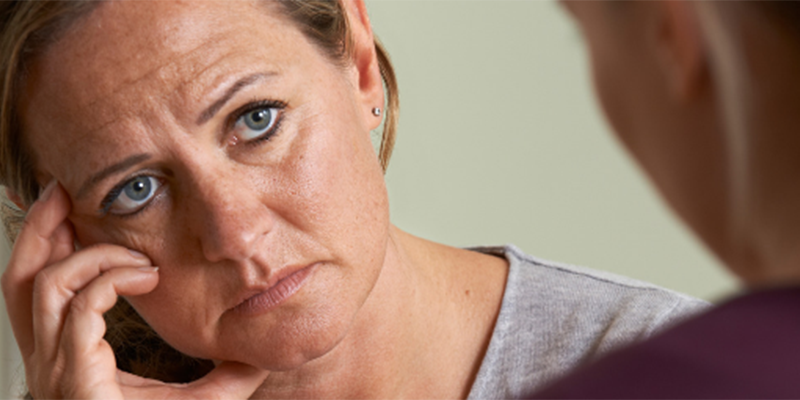
The mistrusting brain and blocked care
Evidence suggests that DDP (attachment-focused family therapy) is effective in helping recovery from developmental trauma. Here's how.
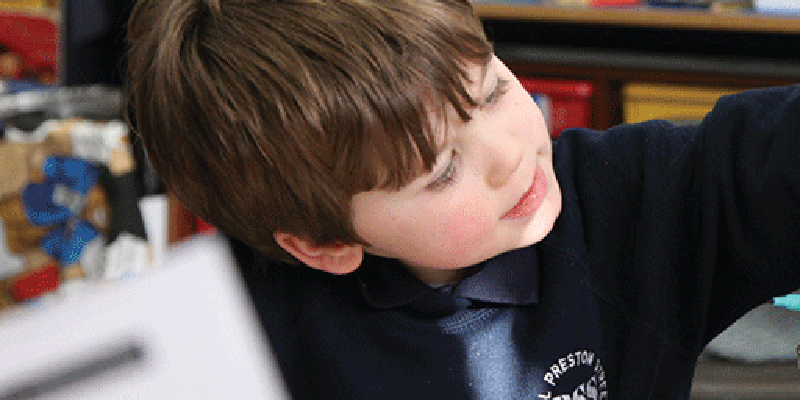
Information is power
Laura Conachan explains how the Children's Hearing System can be improved by seeing the bigger picture.


